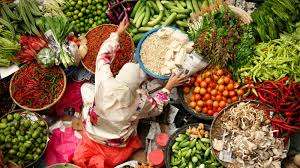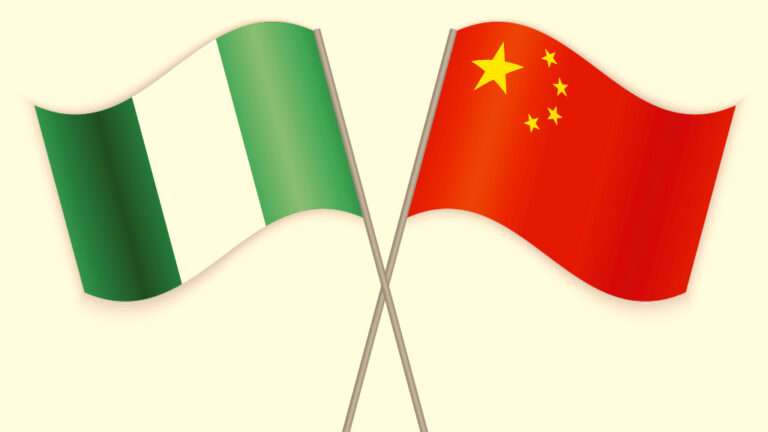Nigeria is expanding up its investment in agriculture infrastructure as part of a strategic push to transform its food systems and attract private capital into the sector. With agriculture contributing nearly 24% to the country’s GDP and employing over 70% of the rural population, infrastructure upgrades are seen as vital to unlocking productivity and ensuring long-term food security.
Recent developments include the construction and rehabilitation of over 1,200 km of rural access
roads, aimed at connecting farm settlements to key markets. These projects, coordinated by the Federal Ministry of Agriculture and Food Security in partnership with state governments, are reducing transport bottlenecks and enabling faster delivery of farm produce.
Dr. Ernest Umakhihe, Permanent Secretary of the ministry, emphasized that infrastructure is the backbone of modern agriculture. Without access roads, irrigation systems, storage, and energy, productivity cannot be sustained.
In the irrigation space, Nigeria is expanding the use of solar-powered water systems to promote dry-season farming. The Lower Niger and Hadejia Valley Irrigation Projects alone have added over
30,000 hectares of irrigable land in the past year, helping to stabilize year-round production.
Storage remains another priority. Under the Aggro-Processing Productivity Enhancement and Livelihood Improvement Support (APPEALS) project, 22 new aggregation centers and cold storage hubs have been launched in major farming zones across Kano, Ogun, and Cross River states.
These facilities reduce post-harvest losses and help farmers preserve the quality of their crops.
International development banks are also playing a critical role. In 2025, the African Development
Bank and the Islamic Development Bank committed $300 million to Nigerian Special Agro-Industrial Processing Zones (SAPZs).
These zones are designed to co-locate infrastructures such as roads, power, and processing facilities to stimulate private-sector-led agro-industry growth.
As Nigeria continues to invest in strategic infrastructure, the government is calling on local and international investors to seize emerging opportunities in agricultural logistics,value chains, and rural development.
The push for integrated infrastructure is not just about growing food-its about building a more resilient and inclusive economy.




